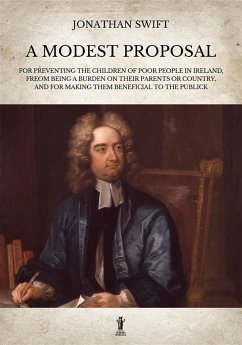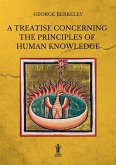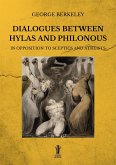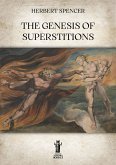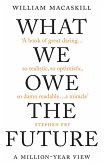Jonathan Swift (1667-1745), one of the greatest Anglo-Irish writers, famous for his masterpiece Gulliver's Travels and for other important literary works, was also a poet, an essayist, a political pamphleteer, an Anglican cleric and, most likely, a great initiate. He originally published all of his works under pseudonyms - such as Lemuel Gulliver, Isaac Bickerstaff, M.B. Drapier - or anonymously. He was also a master of two styles of satire, the Horatian and Juvenalian styles, and wrote many political and satirical pamphlets, first for the Whigs, then for the Tories. In the context of his satirical and provocative production, there is his most famous pamphlet, A Modest proposal for preventing the children of poor people in Ireland, from being a burden on their parents or country, and for making them beneficial to the publick, commonly referred to as "A Modest Proposal", a Juvenalian satirical essay written and published anonymously in 1729. The essay suggests that the impoverished Irish might ease their economic troubles by selling their children as food to rich gentlemen and ladies.
Dieser Download kann aus rechtlichen Gründen nur mit Rechnungsadresse in A, B, BG, CY, CZ, D, DK, EW, E, FIN, F, GR, HR, H, IRL, I, LT, L, LR, M, NL, PL, P, R, S, SLO, SK ausgeliefert werden.

